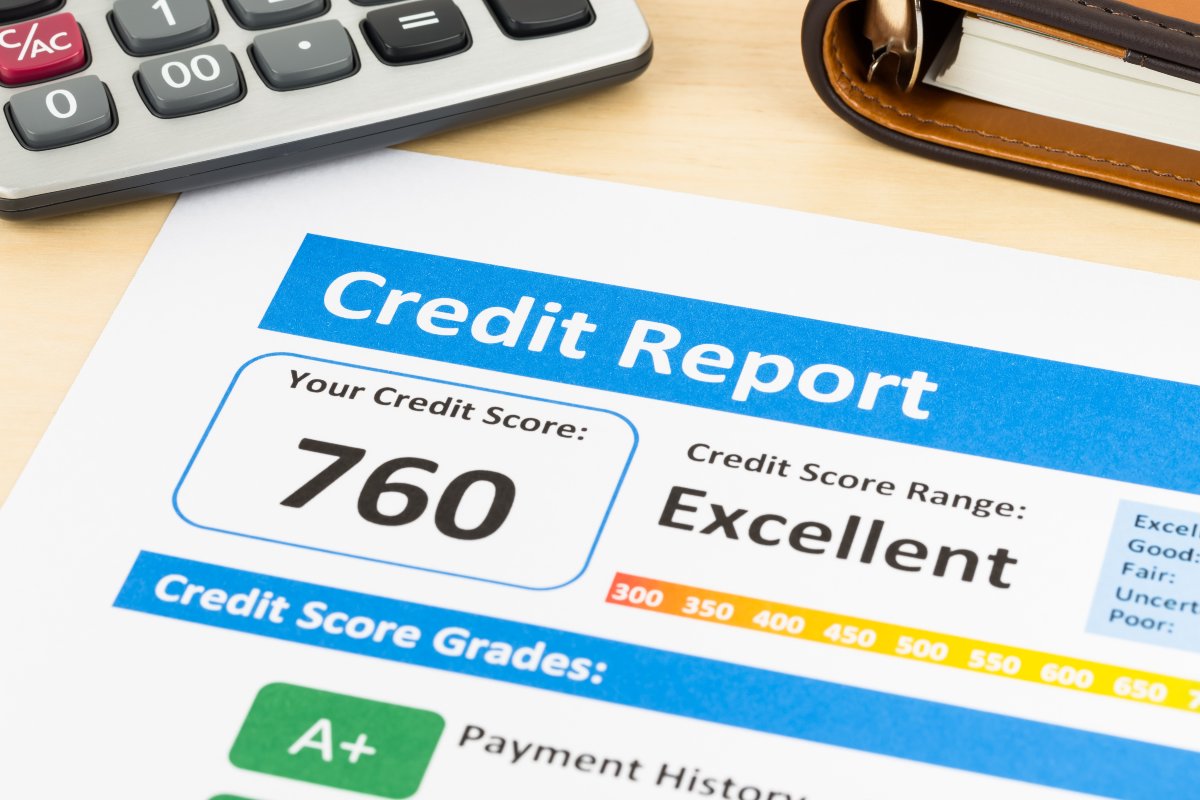What Is the Difference Between Conventional Loan and VA Loan?
Conventional loans and VA loans are both financial products available to veterans, and each loan comes with its own benefits. Conventional loans typically offer more property options, whereas VA loans afford more down payment and credit flexibility.
Explore the differences between conventional loan vs. VA loan options in this guide to determine which one is best suited for you.
What Is a Conventional Loan?
Conventional home loans offer flexibility for the type of property that is being financed. For instance, a conventional loan can be used to purchase a primary residence, secondary vacation home, or an investment rental property.
These loans often require substantial down payments. In addition, insurance is usually required if the down payment is less than 20%.
What is a VA Loan?
 A VA loan is an eligibility-based option offered to active-duty members, veterans, and surviving spouses. Private lenders, banks, credit unions, and mortgage companies offer VA loans. Additionally, these loans are guaranteed by the U.S. Department of Veterans Affairs, meaning the government will repay the lender a portion of the loan in the event of default. However, these loans can only be used to finance primary residences.
A VA loan is an eligibility-based option offered to active-duty members, veterans, and surviving spouses. Private lenders, banks, credit unions, and mortgage companies offer VA loans. Additionally, these loans are guaranteed by the U.S. Department of Veterans Affairs, meaning the government will repay the lender a portion of the loan in the event of default. However, these loans can only be used to finance primary residences.
The Comparisons
Conventional and VA loans include different eligibility requirements. Additionally, interest rates, credit standards, and down payments also differ based on the type of loan. When choosing between conventional and VA home loans, consider these options:
Down Payment Plays a Role
Conventional loans will typically always require a down payment. Although the down payment can be as low as 3%, these rates are reserved for highly qualified borrowers. Usually, conventional loan down payment rates will be higher.
Conversely, in most instances, VA loans don’t require a down payment. As a result, these loans can be highly appealing to borrowers who cannot make hefty down payments. However, no down payment usually translates into higher monthly mortgage payments.
Debt-To-Income
Debt-to-income ratios are calculated by dividing all your monthly expenses by your gross monthly income. Lenders utilize this ratio to measure a borrower’s ability to make monthly home loan payments.
Conventional loans usually accept a maximum of 43% debt-to-income ratio. VA loans don’t have a standard debt-to-income gauge, but it is typically 41%.
Both loan options have similar debt-to-income ratios, making it important for borrowers to evaluate their personal financial situations. Before choosing a loan option, create a clearly defined budget that outlines how much of your monthly income you can dedicate to mortgage payments.
Credit History and Credit Score Standards
 Although VA loan lenders claim no minimum credit score requirements, a FICO score between 620 and 700 is standard.
Although VA loan lenders claim no minimum credit score requirements, a FICO score between 620 and 700 is standard.
Credit scores for conventional loans are much higher, with an average of 753. As a result, borrowers with lower credit scores may opt for the flexibility and lower requirements of VA loans.
Rates and Costs
If you do qualify for VA loans, then it is likely that the rates will be one of the benefits of this type of lending. For a 30-year loan, the average rate of a VA loan is 3.02%, whereas interest rates for conventional loans are closer to 3.26%. It doesn’t sound like a lot, but on such a large purchase and over a long period of time, this can make a huge difference.
Additional funding fees associated with VA loans should be considered. There is a one-time upfront charge between 1.4% and 3.6% on VA loans. These fees are usually added to the total loan amount, meaning you will likely pay higher monthly payments and interest over time.
Advantages of Conventional Loan
Conventional loans offer more property options and flexibility for the terms of the mortgage. Additionally, these loans are open to everyone and do not require proof of veteran or active-duty status.
Moreover, those who have the means to pay large down payments may opt for conventional loans that offer them immediate equity in their homes.
Disadvantages of Conventional Loan
Although conventional loans are available to all types of borrowers, they do have their share of cons.
- High-interest rates
- High credit score requirements
- Down payments
- Private loan insurance is required for down payments less than 20%
Advantages of VA Loan
VA loans offer several appealing qualities that can be great options for qualified individuals seeking home financing.
- Minimal to no down payments
- Low-interest rates
- Low credit score requirements
- No private loan insurance
Disadvantages of VA Loan
 The main cons to obtaining a VA loan include the strict borrower requirements and additional funding fees.
The main cons to obtaining a VA loan include the strict borrower requirements and additional funding fees.
Additionally, the lack of a down payment may pose some problems. Although it is appealing not to pay a down payment, sellers may be reluctant to work with a buyer who doesn’t cover some upfront costs. However, precautions during escrow can mitigate risks for the seller and provide them with some assurances.
Moreover, some buyers may prefer to have immediate equity in their homes. Without a down payment, you will have less equity in your property. As a result, you may be unable to use your home as collateral to secure another loan, like a mezzanine loan.
Sum up
In most cases, a VA loan is a fantastic option to use if it is available to you due to your military connections. It can save you money and allow you to get on the property ladder without having to save up a large sum of money for a deposit.
However, if you are interested in buying a vacation home and have the funds to put down a sizeable down payment, conventional loans may be the better option for you.


